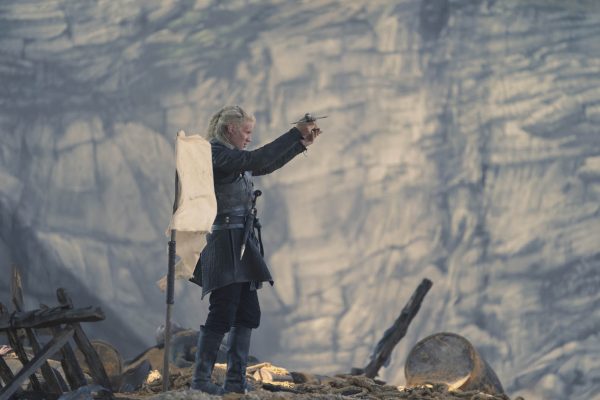
Yes, there are spoilers.
House of the Dragon’s third outing is, in some respects, the strongest episode to date. As with the better episodes of Thrones, there is an abundance of scenes filled with compelling character drama, political maneuvering, and the dialing-up of tension waiting for the figurative axe to drop. The episode also features the series’ first major action set piece as Daemon Targaryen (Matt Smith) and Corlys Velaryon (Steve Toussaint) take on the cunning ‘Crab Feeder’ in the Stepstones. While only taking up the latter 15 minutes of the episode, the sequence easily rivals some of Thrones’ larger set pieces, showcasing the astounding scale and seamless VFX spectacle. Nevertheless, there is a continuation of the issues I had with the previous episode, especially where it concerns the prominence of uninteresting, expository dialogue. Moreover, where it concerns Rhaenyra (Milly Alcock) in particular, “Second of His Name” doesn’t do much to progress the thematic arcs, leading to her quieter interactions with characters feeling like a repeat of the same anxieties she grappled with in the previous episode.
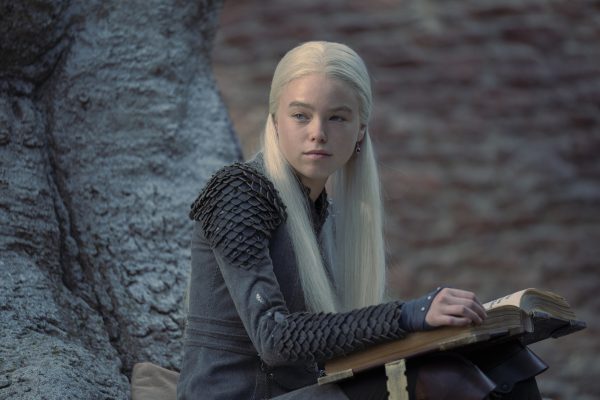
Jumping forward three years in the history of the Targaryen dynasty, we pick up with Viserys (Paddy Considine) having betrothed Alicent Hightower (Emily Carey) and now celebrating the second name day of their first son: Aegon. Fans of the lore will pick up on the background chants styling Aegon as “Second of His Name” – laying the foundations for the brewing conflict as Rhaenyra’s succession to the Iron Throne is made more tenuous. In a moment of vulnerability with her Kingsguard protector Ser Criston Cole, Rhaenyra asks, “Do you think the Realm will ever accept me as their queen?” as she recognizes the ingrained prejudices and skepticism toward a female ruler. Ser Criston’s simple response, “they’ll have no choice but to” is delivered in a beautifully understated way, hitting that perfect combination of sincerity that still betrays Cole’s own disbelief that a woman could ascend the Iron Throne. It is a subtle but natural progression from her more defiant stance against Rhaenys in the previous episode, highlighting the diminishing confidence in her prospective rule that Aegon’s birth has wrought. While Rhaenys’ absence from this episode is justified in the larger chronology (Viserys’ choosing to marry Alicent provoked the Velaryons to leave court, something viewers are merely left to intuit from this episode), it does feel there was a missed opportunity to see her have further interactions with Rhaenyra and Alicent during this time.
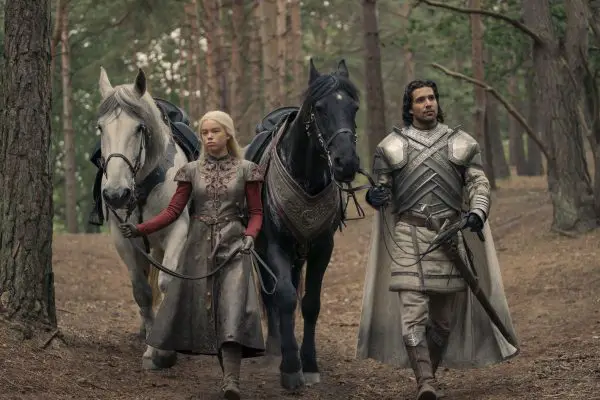
It was also highly compelling to see Viserys struggle to justify his hypocrisy of both naming Rhaenyra heir primarily to spurn Daemon, as well as taking Alicent as his new wife out of love while pressuring Rhaenyra to take a husband for duty. Trying to excuse these decisions being made from love for Rhaenyra – rather than his impulsive and impressionable personality – is finally addressed. Viserys’ overreliance on drink to desperately avoid having to dwell on his dilemmas made for a tragic insight into the depths of the character’s shortcomings; this also provided some schadenfreude when auxiliary characters repeatedly reminded him of these dilemmas. Introducing Jason Lannister as the confident and assured suitor attempting to woo Rhaenyra’s favor was a humorous contrast against the increasingly frustrated – and drunk – Viserys. However, the growing tension between him and Rhaenyra felt more like a heightened repeat of their arcs in the previous episode, culminating in the same discussion: Viserys once again assuring Rhaenyra she will remain the successor to the Iron Throne. The resolution felt much too similar to that of last week’s; the episode could have done more to punctuate the growing rift between the two.
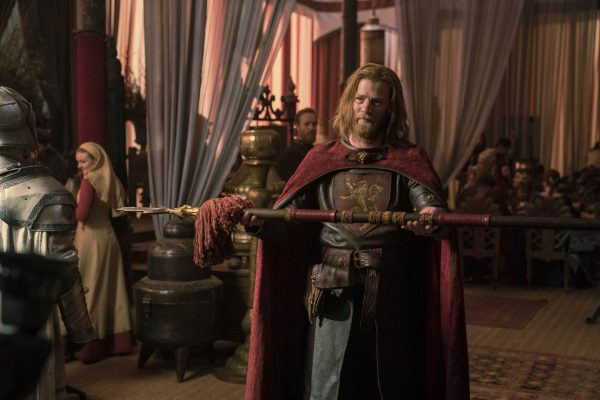
I am also curious if the episode could have found a more compelling narrative background to frame the character development through the episode. For Aegon’s name day, a hunt is arranged outside the capital; Viserys’ hunters mention sightings of the fabled White Hart that all his advisers – especially Otto – label as the perfect trophy to commemorate the event. While the setting is a welcome departure from the halls of the Red Keep, the plot device of hunting the Hart is largely perfunctory, having no real significance save for hammering home a blatant visual metaphor near the episode’s conclusion. I say blatant even by Thrones’ standards, recalling the first season’s emphasis on animal imagery to connote the brewing conflict. As such, most of the episode is relegated to dialogue interactions in and around the camp, not giving much for Alicent and Aegon to do. The repeated prominence of expository dialogue also detracts from these scenes, missing that punchier language that made scenes like this more memorable in Thrones.
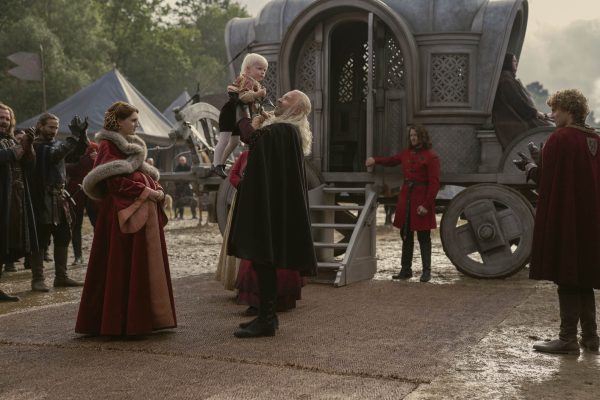
Like last week, while he only features in the final scenes of the episode, it is Daemon Targaryen’s character that steals the show as he and the Sea Snake Corlys launch an assault on the Crab Feeder. The final action set piece combines the tension, brutality, scale, and spectacle that rivals the likes of the Hardhome massacre in Thrones. Superbly directed and astounding from a technical and production perspective, this is a very good indicator of the caliber of large-scale action we can expect from the series going forward. What the sequence sorely lacked was a meaningful climax, delivering a very abrupt ending that cuts around the 1-1 fight between Daemon and the Crabfeeder. Given the success of Thrones; 1-1 combat sequences, as well as the prominence that had been given to both Daemon and the Crabfeeder during the preceding battle, it was certainly underwhelming to proceed straight to the duel’s (extra) gory aftermath. Moreover, the Velaryons were heavily underplayed in this sequence, which I fear plays into my underlying issues with the series taking a more summative approach to events over a broader timescale. Corlys’ brother Vaemond (Wil Johnson) and son Leanor (Theo Nate) have key moments in the action; however, we have hardly been given any compelling details about their characters. The throwaway reference to Vaemond inciting mutinous sentiments in the camp could have served as the narrative thrust of an entire episode in and of itself, giving viewers a chance to learn and connect to these characters, elevating their investment in the climactic action. Nevertheless, the set piece restored the essence of logic to the action, elements that fans had bemoaned the loss of during the latter seasons of Thrones.
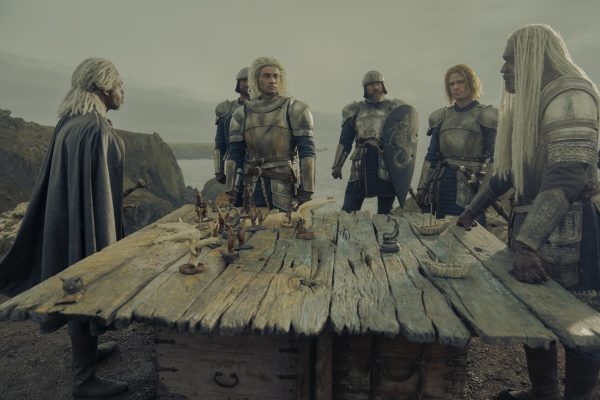
Jump to House of the Dragon Season 1 Episode 4 Review


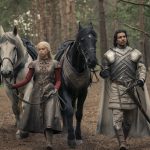
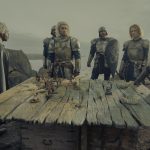

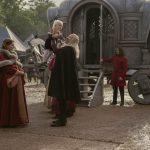



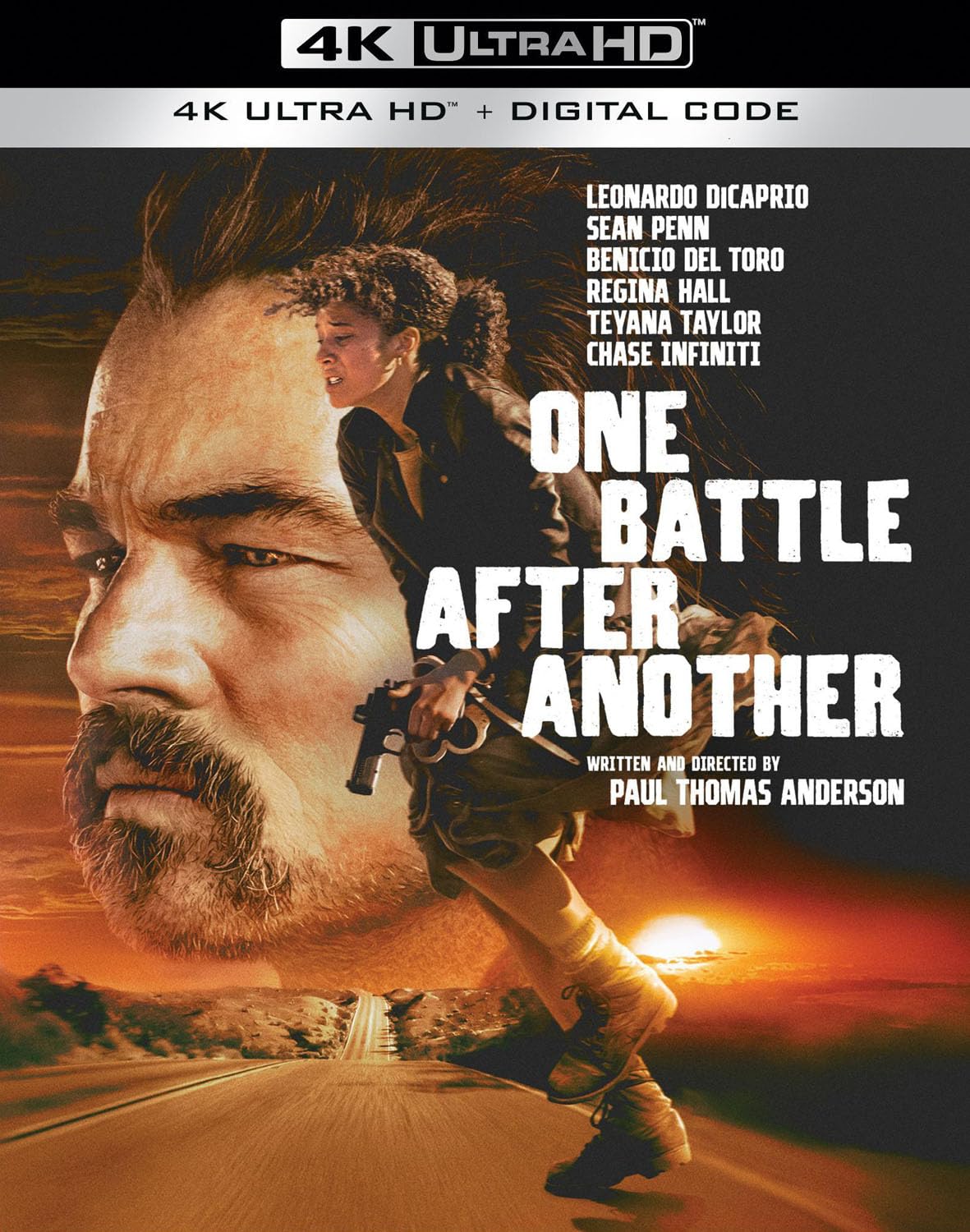

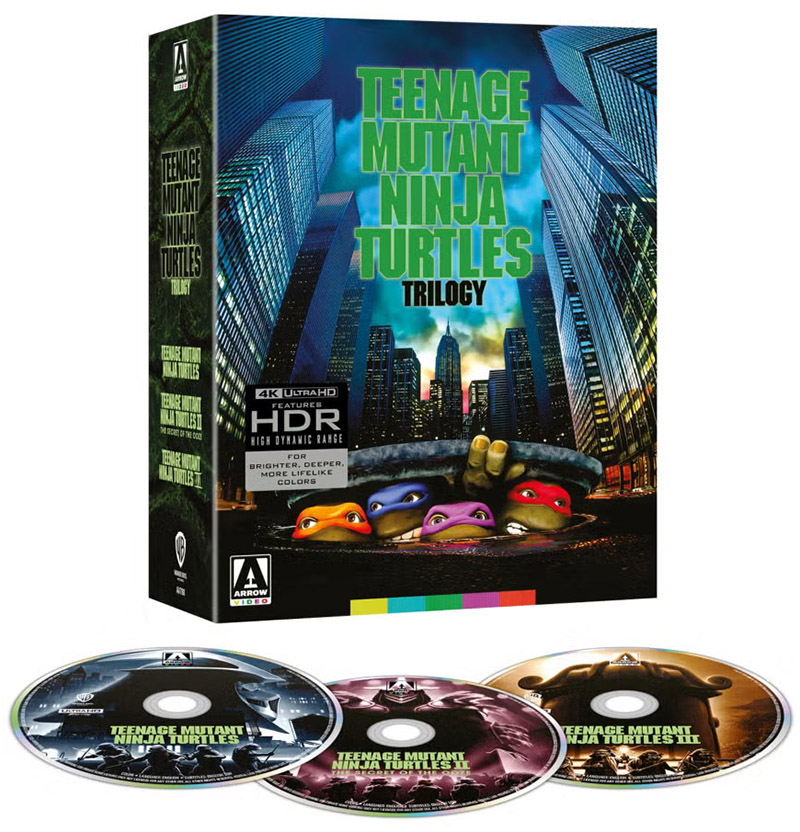

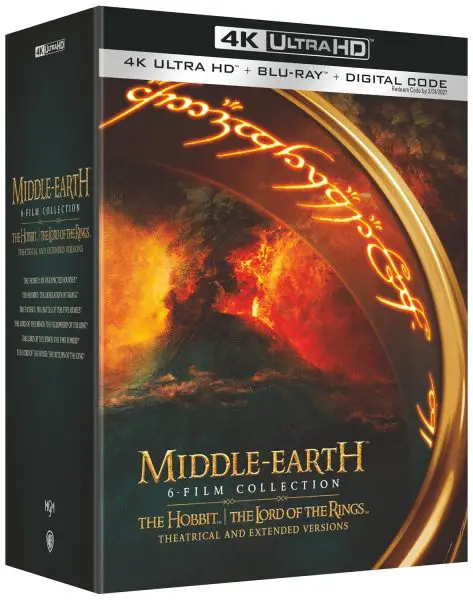



![How To Watch The 2026 Best Picture Oscar-nominated Movies [Updated] Bugonia (2025) frame grab](https://hd-report.com/wp-content/uploads/2026/01/Bugonia-2025-frame-grab-1-324x160.jpg)
